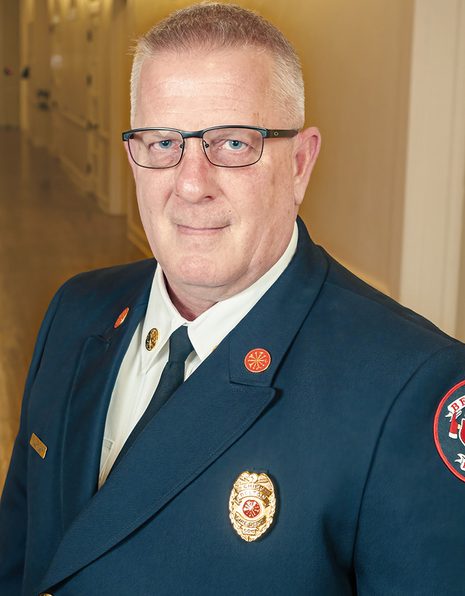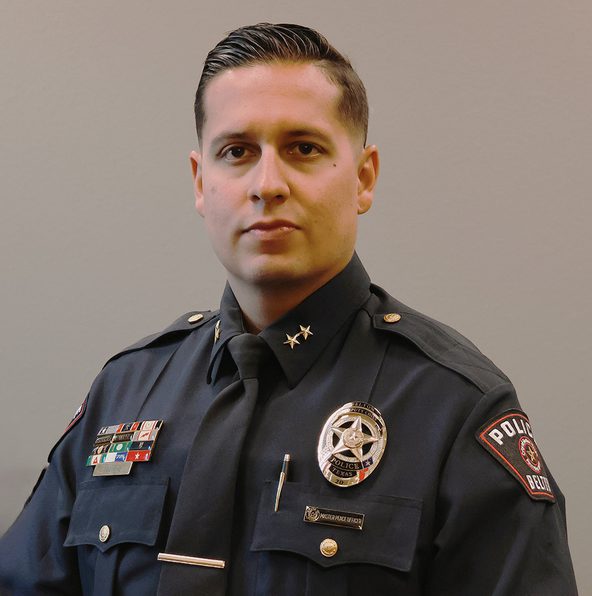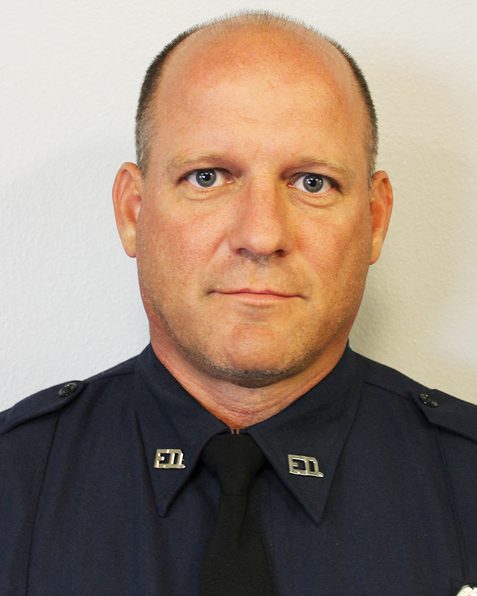By Xhaxany Cuellar, Editor in Chief
Over 3,000 American lives came to an abrupt end on Sept. 11, 2001. On that day, people can remember the feeling of grief and terror that consumed them when two Boeing 767s crashed into the World Trade Center, a horrifying realization that their nation was under attack.
Nine-eleven is a day that left millions of Americans shocked and uneasy for months. According to Pew Research Center, who conducted a public opinion study in the immediate days after the terrorist attack, 45% were worried about another attack and felt more vulnerable as a result.
A year after 9/11 half of U.S adults said the country “had changed in a major way” – 10 years later, this number increased to 10%. Fifteen years later, Pew Research Center in association with A+E Networks’ HISTORY in 2016, conducted a survey in which 76% of adults named the events of Sept. 11 as one of the .
In addition to the millions of Americans who experienced trauma from the events, America's first responders are continuing to experience the physical and mental side effects from 9/11 today.
An article published by Scientific America, which studied the top medical conditions among living nine-eleven responders and survivors noted 35% of responders and 20.9% of survivors are living with chronic rhinosinusitis, 18.5% of responders and 31.4% of survivors are living with some form of cancer, and 32% of responders and 17.5% of survivors are living with gastroesophageal reflux disease as a result of breathing in a dangerous mix of chemical dust. Additionally, nearly half of living current responders are living with mental health conditions such as PTSD, depression or substance abuse.
The impact on the first responder community drastically changed the way first responders react to threats and took its toll on many other first responders who watched as their fellow brothers and sisters lost their lives.
Jon Fontenot, fire chief of the Belton Fire Department, has been with the department since June 15, 2020, and has spent 30 years in the fire service, commented on the day he watched the events unfold. Fontenot stated, “ The events of September 11, 2001, forever changed the way I see this profession. I was on duty at the fire department that day and watched in real-time as the tragic events unfolded. Seeing so many first responders make the ultimate sacrifice had a profound impact on me, both mentally and emotionally. It was a pivotal moment that deepened my sense of duty, honor, and commitment to serving others. From that day forward, I’ve been driven by the resilience and bravery that defines our profession, and the unbreakable bond we share as first responders.”
Belton Fire Marshal, Jeff Booker who has been with Belton Fire since Jan. 30, 2003, also spoke on the impact 9/11 had on him,”Nine-eleven has profoundly impacted my life both personally and professionally. It’s a constant reminder of the critical role we play in ensuring public safety. The urgency and gravity of our work drive me every day to be prepared and vigilant. The attacks on that day underscored the importance of our mission and the sacrifices made by first responders. It’s a responsibility I carry with pride and seriousness, knowing that our efforts can make a difference in saving lives and protecting our communities.”
Twenty-three years later, those that were not born or too young to experience the national agony of Sept. 11, continue to memorialize the events in universities, convention halls, restaurants, and numerous other sites of gathering.
The University of Mary Hardin-Baylor honors the victims of nine-eleven every year by placing flags in front of Luther Memorial, symbolizing a life lost in the attack.
Additionally, Deputy Chief Daniel Aguirre of the Belton Police Department, who has been with the service 15 years, spoke on the day he witnessed the attack and how his department honors nine-eleven. “The day of the attack, I witnessed incredible bravery and sacrifice by all first responders helping at the scene — I am proud that our department participates in the Central Texas nine-eleven Stair Climb, because it is one way we continue to honor the memory of those we lost.”




